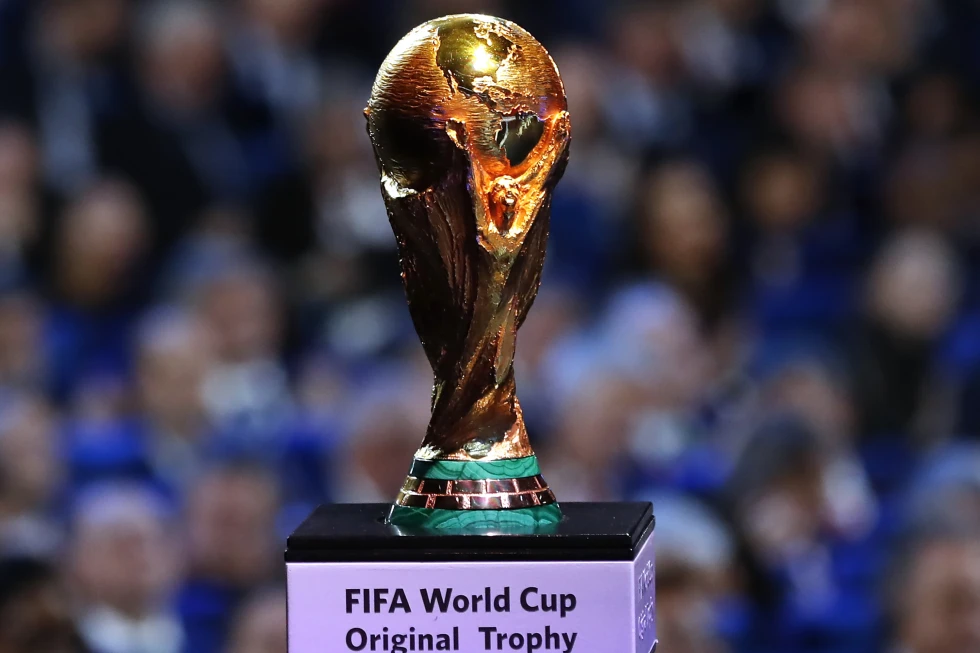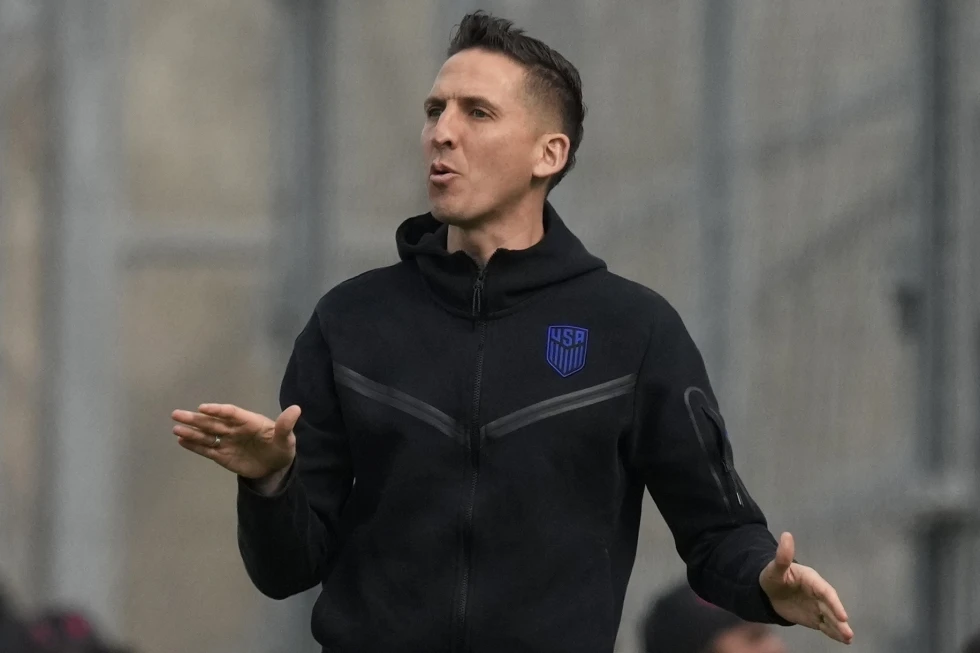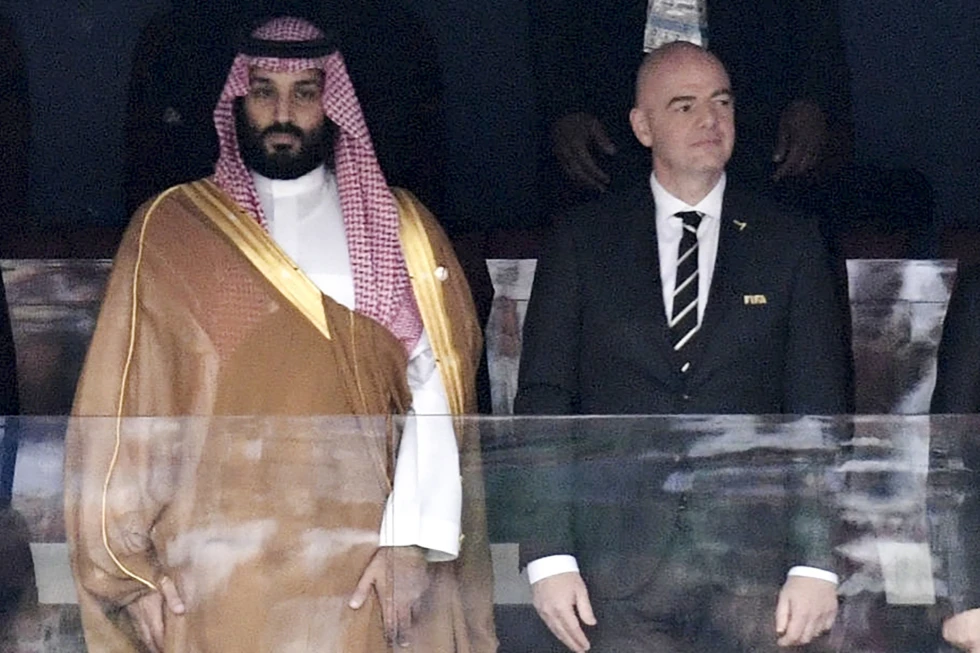Two months before FIFA is expected to announce Saudi Arabia as the host for the 2034 World Cup, the organization was again asked on Friday to allow independent checks on the kingdom’s human rights commitments for the tournament.
A group of legal and human rights experts, along with Saudi activists living abroad, want FIFA to require ongoing evaluations and possibly a way to cancel the hosting contract if necessary.
These advisers, who met in Zurich, want FIFA president Gianni Infantino—who has strong ties to Saudi political and soccer leaders—to learn from the selection process for the 2022 World Cup in Qatar. Back then, FIFA’s leaders did not consider legal protections or the reputation challenges that came with choosing Qatar.
Like Qatar, Saudi Arabia is a conservative country and will need extensive construction projects that rely on migrant workers to create the stadiums and infrastructure for the World Cup.
“There are really no excuses now,” said British lawyer Rodney Dixon in a statement to the Associated Press. “If it means that they therefore have to come to a different kind of agreement in December, that is what they should do.”

World Cup hosting agreements will be finalized after the Dec. 11 decision by over 200 FIFA member federations during an online meeting. Saudi Arabia is currently the only candidate for 2034.
Dixon promised not to be confrontational with FIFA, saying, “We are not naive. It is not FIFA’s role to change the world. They are not the UN.”
The meeting in FIFA’s home city occurred just two days after the UN General Assembly in New York denied Saudi Arabia a seat on the 47-nation Human Rights Council for the next three years.
On Friday, the potential FIFA advisers pointed out Saudi Arabia’s issues with freedom of speech and assembly, as well as laws regarding labor and male guardianship that restrict women’s rights.
After Infantino’s election in 2016, when there was significant scrutiny on Qatar and its treatment of migrant workers, FIFA required a human rights strategy from future World Cup hosts.
The bidding rules for the 2030 and 2034 men’s tournaments focus on “activities related to the bidding for and hosting” rather than broader rights in society.
In May, FIFA received a proposal from law and human rights experts to set up an independent system to monitor progress in Saudi Arabia.
Mark Pieth, a Swiss law professor and anti-corruption advisor to FIFA from 2011 to 2014, said their suggestions have been ignored and “we are here in Zurich to try again.”

In July, Saudi Arabia released its plans for the World Cup, which included a review of its human rights strategy conducted by chosen lawyers, as well as details about 15 stadium projects.
Joey Shea, a researcher with Human Rights Watch, stated on Friday that they have documented “grave labor violations” affecting more than 13 million migrant workers, who make up about 40% of the country’s population.
Shea mentioned that the scale of construction needed for the World Cup and the potential for labor abuses “is really, really chilling,” during a live link from London.
She also warned that while rights groups had limited access in Qatar before the 2022 World Cup, there is “zero access” to Saudi Arabia.
Saudi soccer officials have repeatedly stated that the kingdom is making strides in social reforms as part of Crown Prince Mohammed bin Salman’s Vision 2030 initiative to modernize and create an economy that does not rely on oil.
